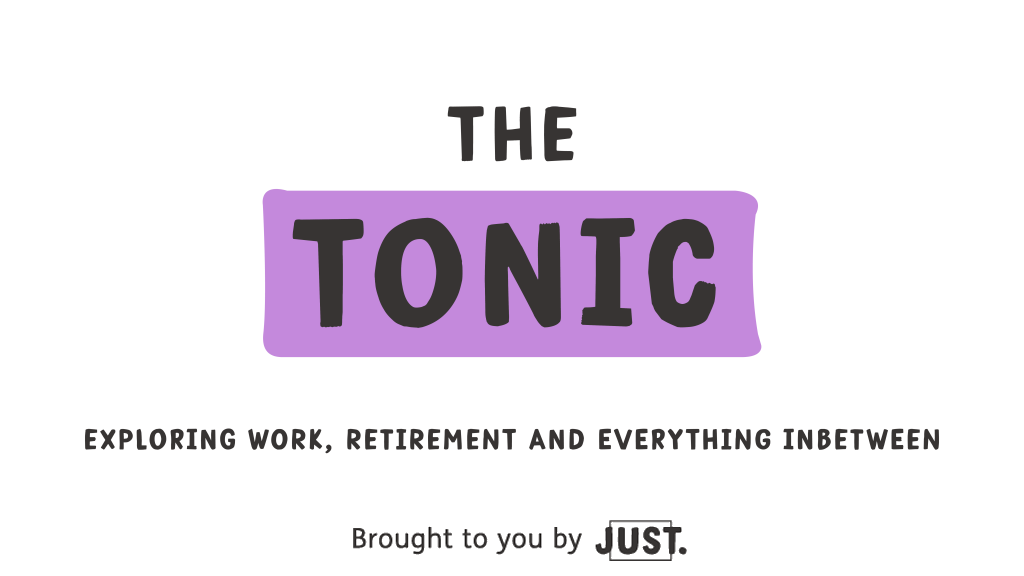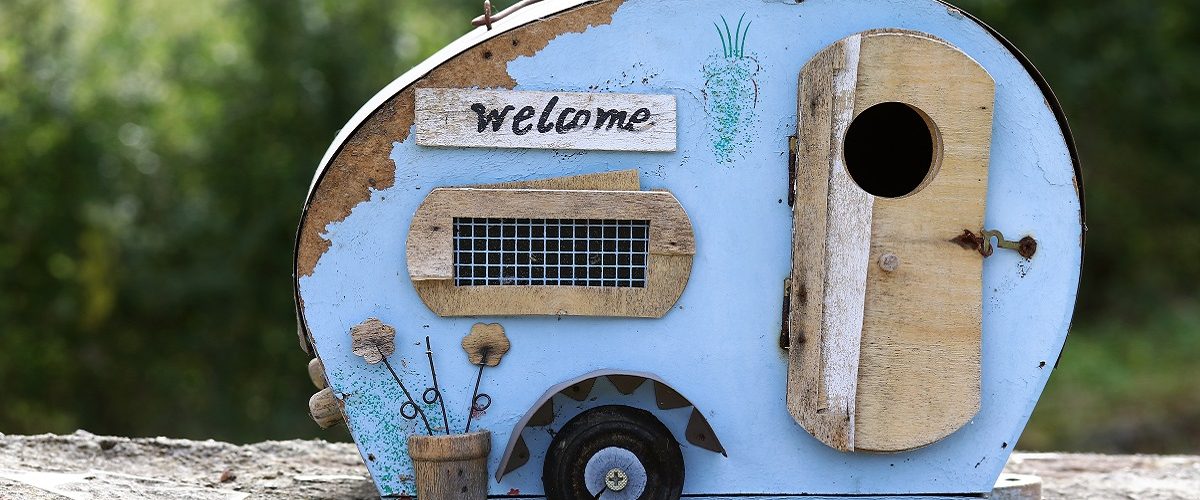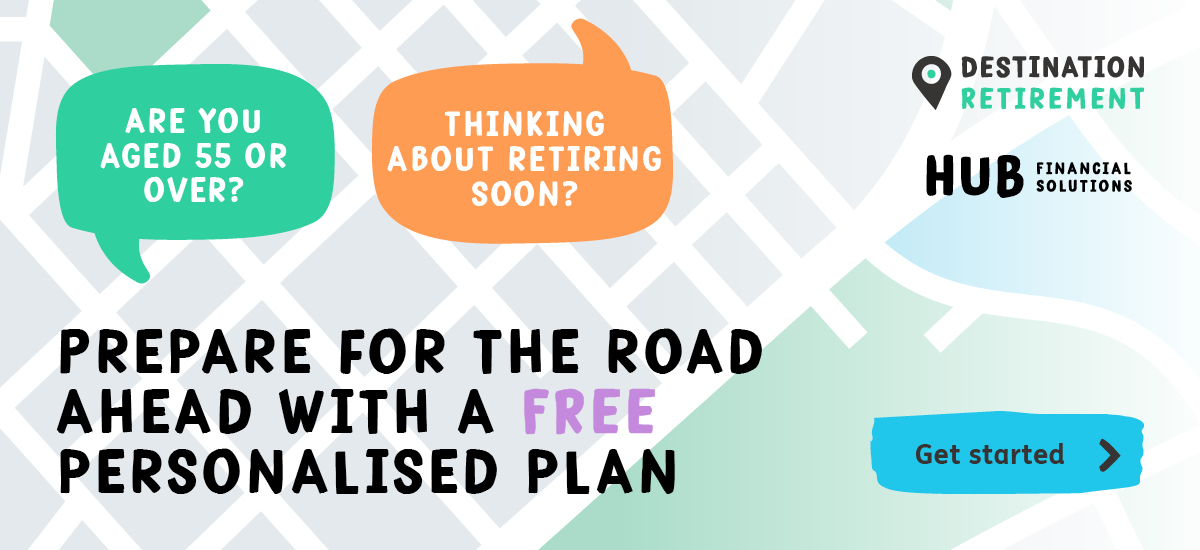Whether planning to go abroad or have a ‘staycation’ in the UK, there is one thing to be aware of: scammers exist, and they are brutal.
How can you avoid holiday scams? Scammers are constantly finding new, innovative ways to carry out their crimes. And scams are increasingly sophisticated. Just look at how many people have been caught out by the Post Office scam.
Scams can include anything from non-existent accommodation to duplicate websites. And con artists have been busy, setting up and waiting for the time everyone starts booking vacations again. We explore some pitfalls, and how to avoid them.
Check the website
Some websites are obviously dodgy, but online scamming is a sophisticated game and there are plenty that look completely legit. You wouldn’t believe were fake. More about that below.
But firstly; legitimate, safe websites will always have a little padlock symbol in the search bar to the left of the website name. If you are on a website and you can’t see the padlock, do not enter any personal information or bank details. This could be a duplicate site or even a dummy front.
…online scamming is a sophisticated game and there are plenty of sites that look completely legit…
Check the website for reviews, and see if you can spot a date of establishment. If it’s only been up and running for a short while and there are no reviews, that’s a red flag. Contact details (or lack thereof) is a key indicator in authenticity. Do they look professional?
If you’re even the slightest bit unsure, call them and ask them plenty of questions. If they seem nervous, and can’t or won’t answer any of your questions, there’s your warning bells. You should call them anyway really – unless you know a company, booking direct online can always carry risk. Give them a bell, but be aware that the really good scammers will still be able to sound professional.
Check holiday travel companies are ATOL protected


Travel agents should be registered with the Association of British Travel Agents (ABTA) so start with that. And check travel companies are covered by the Air Travel Organiser’s Licence (ATOL). Look out for official logos and the ATOL sign. ATOL protection covers flights, accommodation, and car hire, and travel companies have to have protection by law. No ATOL, no go.
Some scammers add a fake ATOL logo to their site. How can you spot this? Firstly, where you see the ATOL sign there should also be a registration number. If there’s no number, it’s not legit. If there’s a number, there’s a helpful section on the Civil Aviation Authority website that lets you check ATOL registrations. So check!
What do other people say?
Most websites will have positive testimonials on them from happy clients saying what a great time they’ve had. To paraphrase the famous words of Mandy Rice-Davies, well they would, wouldn’t they.
Don’t take those at face value. You can find reviews almost anywhere on the internet; don’t just rely on the reviews the company shows on their website. Have a look on Trustpilot, TripAdvisor, and Expedia. And do a bit of social media stalking.
…one or two bad reviews doesn’t mean they’re a bad company…
Bear in mind though, sometimes people make mistakes, and sometimes customers can be in the wrong. So one or two bad reviews doesn’t mean they’re a bad company. Expect to see a couple, but if there’s a large majority of negative reviews, probably avoid.
Research and research again
If you are unsure about a potential holiday booking, or you can’t work out if the company is legit, then research the business on multiple platforms. You can have a look on social media, such as Twitter, Facebook, or Instagram, to see what is being said about them, or to check their authenticity.
If they have a sensible number of followers and regularly interact with people, that’s a good sign. Watch out for the accounts with a low number of followers and irregular posting. Or the accounts with huge numbers of followers but no interaction on the posts. That means followers have been bought. They’re not real.
Also, use resources like Money Saving Expert, or Action Fraud to do a bit of digging, and get tons of advice.
Check Companies House, LinkedIn and so on. You’ll be able to see a great deal of information about the business. If you’re drawing a blank, and information about the business – whether it’s an agent, hotel, or even motorhome or caravan company – tread carefully.
If it seems too good to be true, it probably is
Be suspicious of super-cheap deals, particularly with flights. The prices for flights are generally set by the airline company, with some travel agent negotiation, so charging a significantly lower price can be a sign of a scam. Check the flight details on the airline’s own website to make sure it’s a legitimate flight, with a similar price, before you commit to booking it.
…anyone can make a hotel or whatever look amazing on a website…
Also, remember that anyone can make a hotel or whatever look amazing on a website. The photos could even be fake. Find another way to see where you’re going if you’re booking direct. Reputable agents are trustworthy, but if you’re cutting out the middle man, make sure it does what it says on the tin.
Bogus travel firms
The scam here is clever and highly professional. The holiday travel website looks like it’s in the UK but is registered overseas. And it features gorgeous photos, lovely holiday packages etc – sometimes even a fake ATOL logo. They’re usually well designed, and people can be forgiven for falling for them.
Holiday bookers are lured by a cheap offer, but when they come to pay the deposit, there will be an ‘issue’ with card payments, so they’re asked to do a bank transfer instead.
In some cases they’ll even be issued with fake airline documentation, or confirmation emails. They pay the balance in good faith, but the tickets and the holidays fail to materialise. The websites close, and the perpetrators disappear. In many cases untraceably, as the websites are located outside the UK.
THINGS TO LOOK OUT FOR…
There’s lots of information to be found on the Prevention of Fraud in Travel (PROFiT) website.
Now Brexit is underway, there will be fraudsters around looking to taking advantage of the uncertainty and confusion. Always speak to a certified travel agent, or check the government website for more information if you’re unsure.
Another Brexit-related scam is where you’re told your passport is invalid, and you’re prompted to input your entire passport details. This – and in fact any activity that asks for an alarming amount of information – is often for data harvesting, identity theft and so on. NEVER give your card PIN out either, or you’ll see your bank account empty faster than you can say ‘cloned card’!
Watch out for emails or texts with links in. Don’t just click the links. Google the message, see what comes up.
Always read Terms and Conditions, and if you’re unsure about anything, have it checked by a professional before signing any contracts. CHECK that small print!
Finally, if the only means of payment is by bank transfer, alarm bells should be ringing. You should always have a choice on how to pay, and paying via cash or card and receiving a receipt is the safest way to do so, as your payment will be tracked and noted.
ALWAYS report it!
If you come across a scam, please always report it. Sometimes you might feel embarrassed if you’ve been duped. Or perhaps relieved if you dodged a bullet and just moved on. But sharing the information can help the police. And prevent other people being swindled.
Brexit has created a minefield but so has the pandemic. Read our article about coronavirus related cons to watch out for too…
Report fraud to the Police Action Fraud team





Add comment